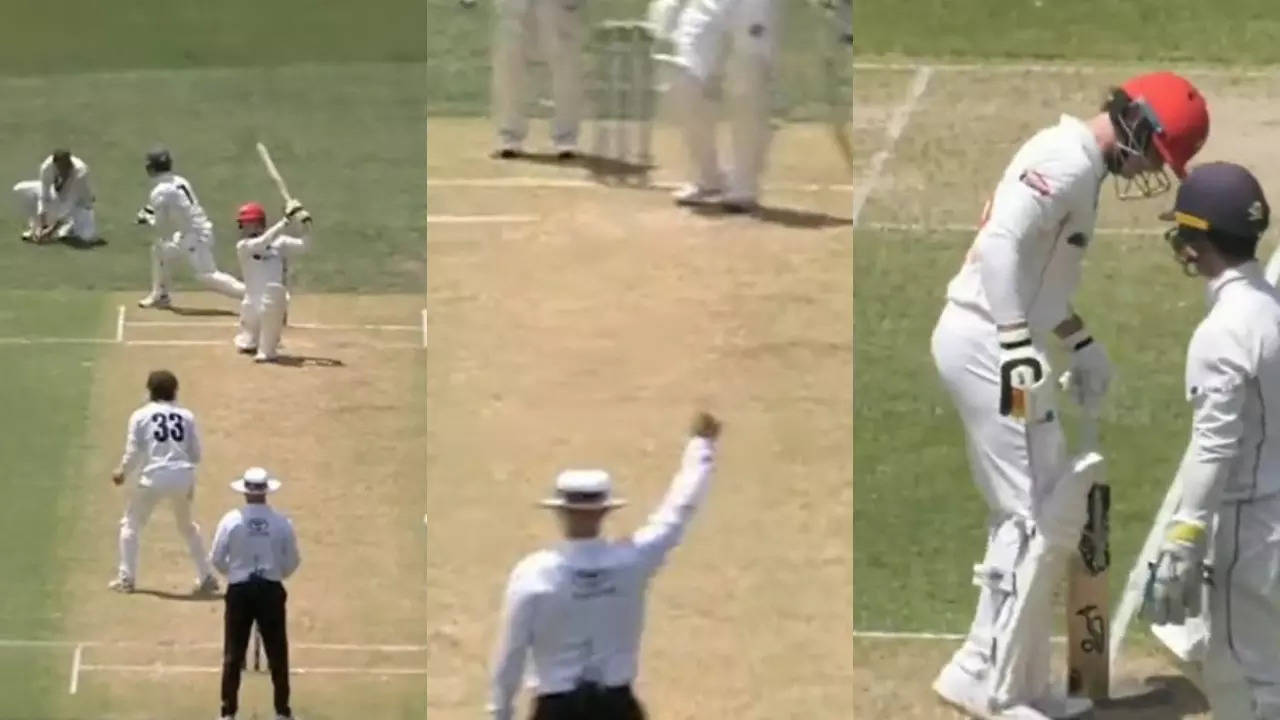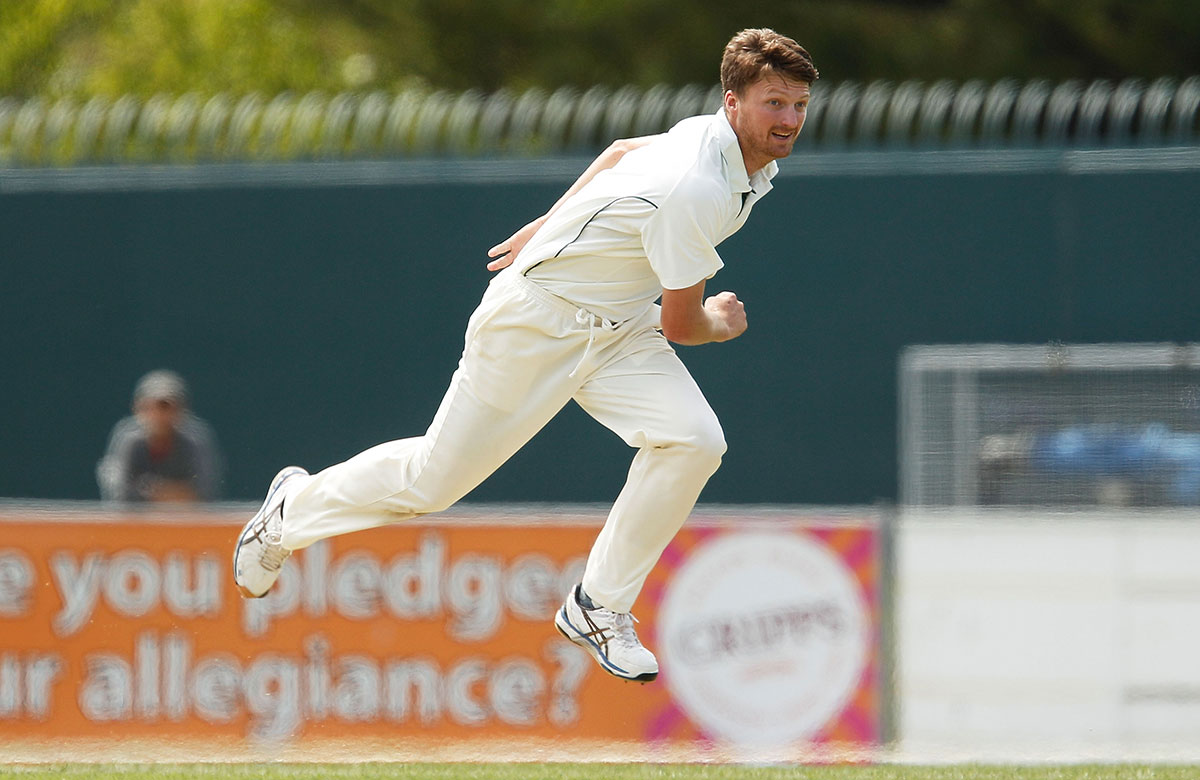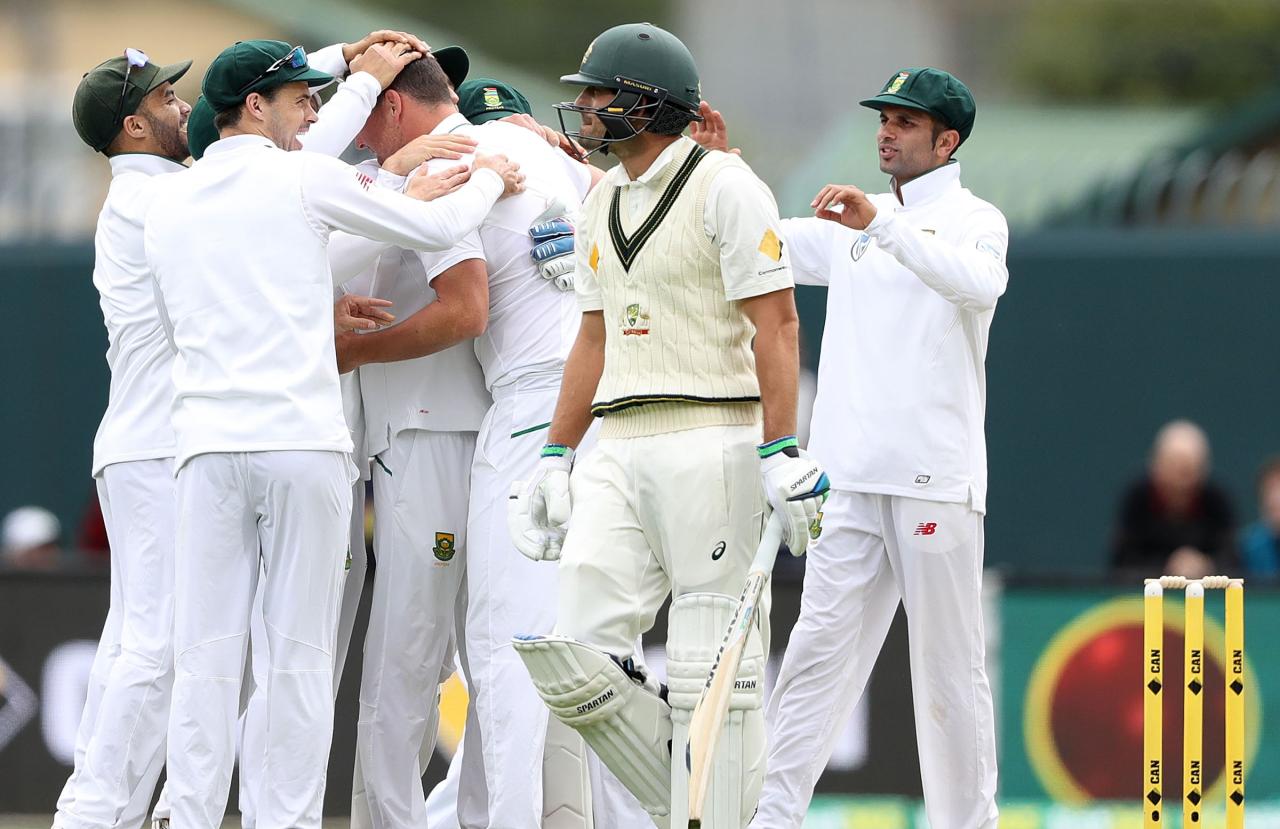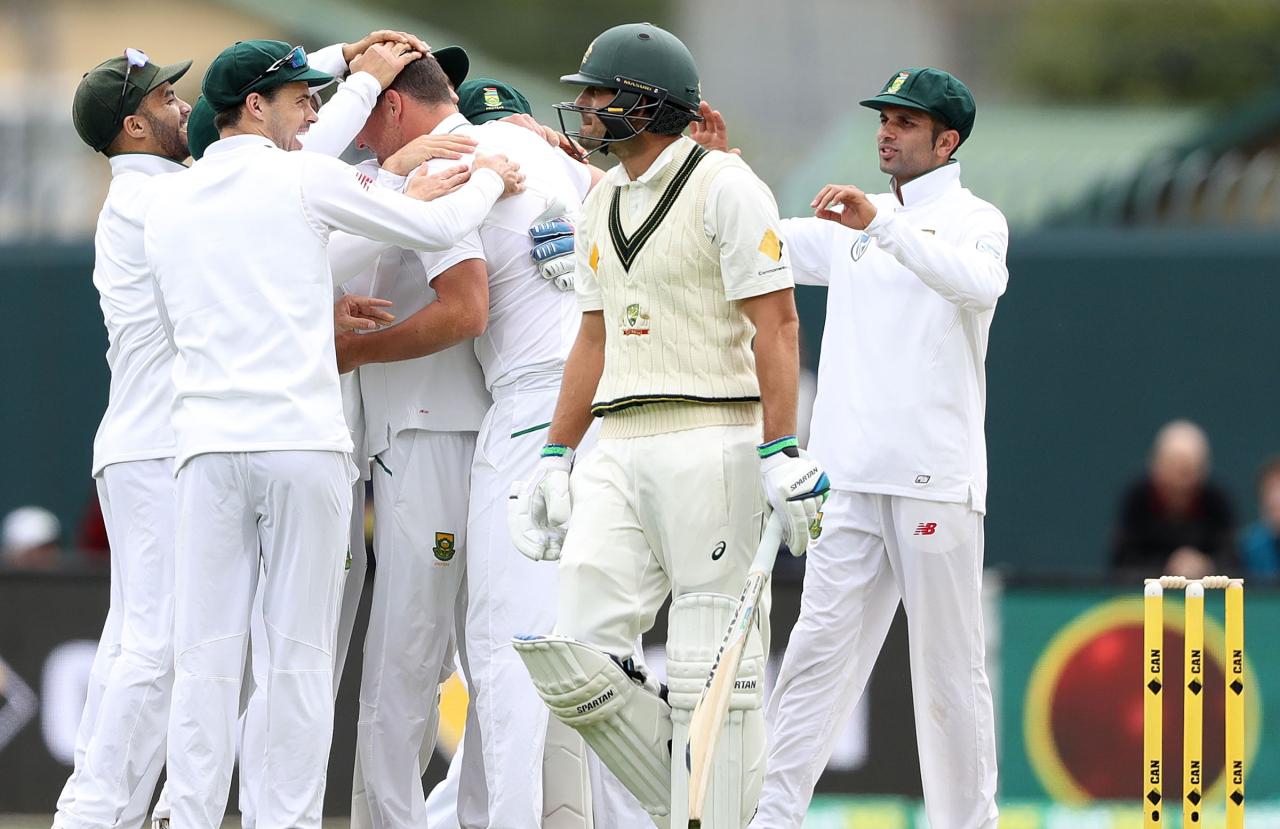Strikers fume after on-field umpire helps Hobart Hurricanes avoid a penalty. This controversial call in a crucial match sparked outrage among the Strikers, leading to heated post-game interviews and a firestorm of debate online. Let’s dive into the specifics of the umpire’s decision, the players’ reactions, and the broader implications for the league.
The Strikers were absolutely livid after that questionable umpire call, feeling robbed of a win. It got me thinking about the pressures faced by officials in sports, which is why you should check out this insightful piece on ALW player Tijan McKenna: ALW In Focus: Tijan McKenna. Understanding the challenges faced by athletes, even officials, can help us appreciate the complexities of the game and why those Strikers were so heated after the Hobart Hurricanes escaped.
The incident involved a seemingly clear violation of the rules, but the umpire’s interpretation and subsequent lack of action left the Strikers feeling robbed. We’ll examine the exact rules in question, compare this call to similar controversies, and explore the potential consequences for both the umpire and the league. We’ll also analyze the players’ emotional responses, the media coverage, and the public outcry that followed.
The Umpire’s Controversial Decision: A Deep Dive into the Strikers’ Outrage: Strikers Fume After On-field Umpire Helps Hobart Hurricanes Avoid A

The recent Big Bash League match between the Melbourne Strikers and the Hobart Hurricanes was marred by a highly contentious umpire’s decision that allowed the Hurricanes to escape a penalty. This incident sparked a furious reaction from the Strikers, leading to a post-match uproar and a debate about the fairness and consistency of officiating in the league. This article will dissect the events, analyzing the umpire’s call, player reactions, game context, league regulations, and public response.
The Umpire’s Decision: Impact and Controversy
The on-field umpire controversially ruled a no-ball against the Strikers, negating what would have been a crucial wicket. The specific infraction cited was a front-foot no-ball, determined to be a slight infringement on the bowling crease line. According to the Laws of Cricket, a bowler’s front foot must not land beyond the popping crease at the moment of delivery.
Even a minor encroachment, as witnessed in this instance, is usually called a no-ball. This decision, however, is considered contentious due to the marginal nature of the infringement, and the potential impact it had on the game’s outcome. Similar controversies have arisen in the past, such as the infamous “no-ball” in the 2019 Cricket World Cup final, where a no-ball wasn’t called on a clear infraction, leading to significant debate.
So, the Strikers are seriously ticked off about that umpire’s call in the Hobart Hurricanes game – it’s all anyone’s talking about! It makes you think about coaching decisions; check out this article about the Struggling Kings fire third-year head coach Mike Brown – ESPN , because sometimes even the best coaching can’t overcome bad luck.
Back to the Strikers, though – that controversial call could have huge implications for their playoff hopes.
The umpire could have alternatively chosen to exercise discretion given the marginal nature of the infringement or to consult with the other umpire before making a decision.
Player Reactions and Statements
The Strikers’ players openly expressed their anger and frustration following the match. Their post-match interviews revealed a range of emotions, from disbelief to outright condemnation of the umpire’s judgment. The tone was overwhelmingly negative, with strong words used to describe the impact of the decision.
| Player Name | Team | Quote | Reaction Type |
|---|---|---|---|
| Marcus Stoinis | Melbourne Strikers | “I’m absolutely speechless. That’s a game-changer.” | Disbelief/Anger |
| Glenn Maxwell | Melbourne Strikers | “It’s hard to swallow. You just can’t have decisions like that at this level.” | Frustration/Disappointment |
| James Faulkner | Melbourne Strikers | “It’s a joke. The umpire needs to look at himself in the mirror.” | Anger/Condemnation |
| Matthew Wade | Hobart Hurricanes | “Look, it was a close call, but we’ll take it.” | Neutral/Acknowledgement |
Game Context and Implications

The match was a crucial encounter, with both teams vying for a playoff spot. The score was tight, with the Strikers needing only a couple more wickets to secure victory. The umpire’s decision to call a no-ball, effectively handing the Hurricanes a reprieve, directly impacted the match’s outcome. The Hurricanes ultimately went on to win, significantly altering their position in the league standings and boosting their morale.
Conversely, the Strikers suffered a major blow to their playoff hopes, creating a negative impact on team morale and confidence. Had the no-ball not been called, the Strikers likely would have won, dramatically changing the final standings and potentially leading to a different playoff scenario.
League Rules and Potential Review, Strikers fume after on-field umpire helps Hobart Hurricanes avoid a
The Big Bash League has specific rules and regulations regarding umpire decisions and appeals. While there is a process for reviewing certain decisions, such as those involving run-outs or boundary decisions using technology, no-balls based on the umpire’s judgment of the bowler’s front foot are generally not reviewable. The league could potentially investigate the umpire’s performance and assess whether his decision was in line with the spirit and letter of the laws of the game.
Okay, so the Strikers are seriously ticked off about that umpire’s call – felt like a total rip-off. It’s a reminder that even in sports, things can feel unfair, kind of like how Ontario’s new laws around social media, injuries, and lawsuits are shaking things up; check out the details here: Instagram, blessures, poursuites et agrotourisme : l’Ontario légifère.
Anyway, back to the cricket – the Strikers’ anger is totally understandable given the impact of that questionable decision on the game.
However, there are no clearly defined consequences for an umpire making a controversial, but not necessarily incorrect, call.
The review process, if applicable, typically involves a review panel assessing video evidence. This is often used for boundary decisions or close LBW calls. However, this scenario highlights the lack of review for marginal no-balls.
Public Opinion and Media Coverage
The incident sparked a significant public debate on social media platforms. Many fans expressed their outrage at the umpire’s decision, while others defended the call, highlighting the difficulty of officiating in high-pressure situations. News outlets covered the controversy extensively, with headlines such as “Umpire’s Howler Costs Strikers Victory” and “Big Bash League rocked by controversial no-ball.” The media coverage reflected the divided public opinion, presenting arguments from both sides of the debate.
The visual impact was dramatic; the slow-motion replays clearly showed the marginal nature of the front foot infringement, fueling the controversy further. On the field, the Strikers players showed clear expressions of disbelief and frustration, while the Hurricanes players looked relieved and uncertain. The crowd was audibly divided, with boos and cheers intermingling.
Wrap-Up

The umpire’s decision in this pivotal match highlights the ongoing tension between subjective officiating and the need for clear, consistent rule enforcement. The Strikers’ anger, the ensuing media frenzy, and the passionate public response all underscore the significance of this seemingly small call. It serves as a potent reminder of the emotional stakes in professional sports and the critical role of fair play and accountability in maintaining the integrity of the game.
Ultimately, the incident raises questions about the review process and the need for greater transparency and consistency in umpire decision-making.
Key Questions Answered
What specific rule did the umpire allegedly miss?
The Artikel doesn’t specify the exact rule, requiring further investigation into the match report.
Were there any replays shown to review the call?
The Artikel doesn’t state whether replays were used. This needs to be confirmed from match footage or reports.
What was the final score of the match?
The final score isn’t provided in the Artikel; you’ll need to find the match results to answer this.
Did the league take any action against the umpire?
The Artikel doesn’t provide this information; follow-up reporting would be needed.
